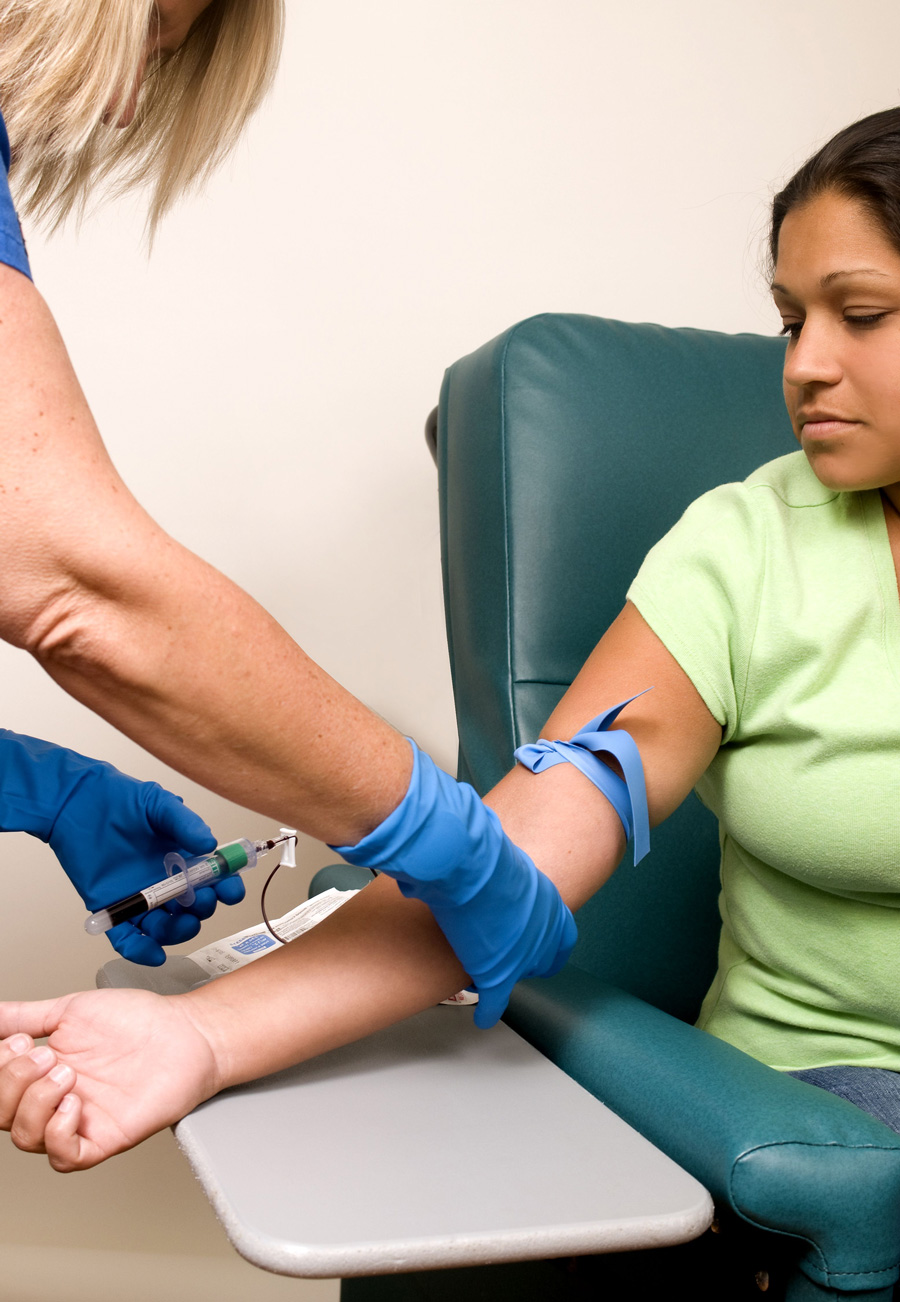Sexual Pleasure
This content was created in response to requests from the general public on ways to learn more about sexual health, particularly sexual pleasure.

“Our enjoyment of specific sexual behaviors and practices varies from one individual to another.”
It's Normal and Healthy
Sex has been shown to promote better sleep habits, less stress, more happiness, etc. Sex is a healthy bodily function. Our bodies thrive on the chemicals released during orgasm, so a healthy sex life is indeed part of a healthy body.
How will you experience sexual pleasure?
There isn’t a “right way” to experience sexual pleasure. Start with that rich fantasy life you’ve written in your head. If you have a partner, he/she might enjoy it as much as you do! Talk about it with your partner. Understand that sexual pleasure is a matter of mutual interest. Remember that consenting adults can be as sexually adventurous as they please. And don’t forget that your partner is likely to have an entirely different set of favorite stimuli.
Communication Is Key
Successful relationships are based on communication. Feeling safe from disease and trusting our partner is the foundation for comfortable, relaxed healthy sex. Safety, comfort and trust allow us to freely discuss our sexual needs and limitations with a partner.
Be direct! Speak up!
“I like it when you touch…”
“I really enjoy…”
“Would you like me to…”
Open, frank communication with a partner is mandatory to giving and receiving sexual pleasure.
It's About You
Everyone doesn’t have a partner. Not everyone wants a partner. Some people are between partners. The reality is: You don’t need a partner to enjoy great sex.
It’s okay–even healthy–to masturbate regularly. Orgasm not only relieves stress; it also boosts the immune system and burns calories! Indulge in whichever solitary sexual behaviors bring the most pleasure. It’s up to you to choose how or if you reach orgasm. There are no rules, no “right ways” to achieve sexual pleasure as long as there’s no danger to you or anyone else.
A satisfying sex life begins with an understanding of our own sexual needs and responsibilities. Ultimately, we are responsible for our own sexual pleasure. Then, we can acknowledge the needs and responsibilities of our partners.”
Sexual pleasure and sexual health are interwoven, and there is a lot to consider in terms of:
Communication and Clear Boundaries

Getting Good Information
- It’s always best to ask a professional, such as a doctor or a nurse. There is a lot of information out there, and not all of it is accurate, or even helpful.
- If you decide to get information by looking on the internet/social media, try to ask yourself what makes this accurate content?
- Social media: anyone can be an influencer, but it doesn’t necessarily mean they are the most educated or qualified in a particular area. Try to find content where the author lists their credentials, such as a Masters Degree (MA), Medical Degree (MD, PA, NP) or specialize in a specific field such as psychology, or counseling. Keep in mind that they are still giving a personal opinion, not representing a medical organization.
- Use your best judgment: is the content based in respect, in educating yourself, in finding safe resources, and in keeping yourself and others safe? Does the content promote consent, kindness and care towards others?
- Go to verified sources: Examples include medical sites like the CDC, or Planned Parenthood. Another way to tell if the information from a particular website is more legitimate is if it has .gov, nhs or .org at the end of the url.

Sexual Rights & Responsibilities
The types of sexual encounters that each person prefers are unique and can change over time.
It is your right to choose if and how you express your sexuality.
You have the right to have control over your own body: it is your right to choose whether you want to be sexually active, when, with whom and in what manner. It is also your right to change your mind and stop at any time during any sexual activity, for any reason.
It is your responsibility to respect the rights of others.
Only participate in sexual activity with a partner who is freely, knowingly and enthusiastically consenting.
Consent must be obtained for each sexual activity.
Consent to one thing does not imply consent to anything else. It does not matter whether someone has consented to any kind of sexual activity in the past. Consent cannot be inferred from the fact of a prior or current acquaintance or relationship, and consent can be withdrawn at any time. See the Consent page for more information.
Casual sexual encounters might involve someone you don’t know very well or have never been sexual with in the past, so understanding their sexual likes and dislikes in addition to their boundaries might be tricky. In order to ensure everyone is enjoying themselves, here are some suggestions for navigating casual sex:
- Engaging in casual sexual encounters might require more verbal vs. non-verbal consent and specific communication to ensure consent is present. While it may seem awkward at first, it is always a good idea to explicitly establish consent.
- Just because your last partner liked a certain act doesn’t mean your next partner.
- In addition to asking your partner what they like, be sure to communicate your desires and boundaries as well.
Safer Sex
If you decide to be sexually active, it’s important to get tested for sexually transmitted infections. Many sexually transmitted infections (STIs) — including HIV — have no symptoms, which means they can be transmitted without either partner’s knowledge. Therefore, it is important to:
Get tested for STIs/HIV and seek treatment if necessary.
Use a condom or barrier method correctly every time you have oral, vaginal or anal sex.
Consider taking Emergency Contraception (also known as EC or Plan B) if you have had sex without condoms or another birth control method, or if your birth control method fails (i.e., the condom breaks).
See the BC4U Page on contraception for more information.


More Resources:
Talking About Sex (And Sexual Health)
(American Sexual Health Association) Looking for the right words to use with your partner? This resource can point you in the right direction!
Talking To Your Partner About Sex
(Sexuality and U) A great article to help expand your communication skills.
Sex & Masturbation
(Planned Parenthood) Planned Parenthood resource that addresses issues related to sexual health, including myths and drug and alcohol information.
